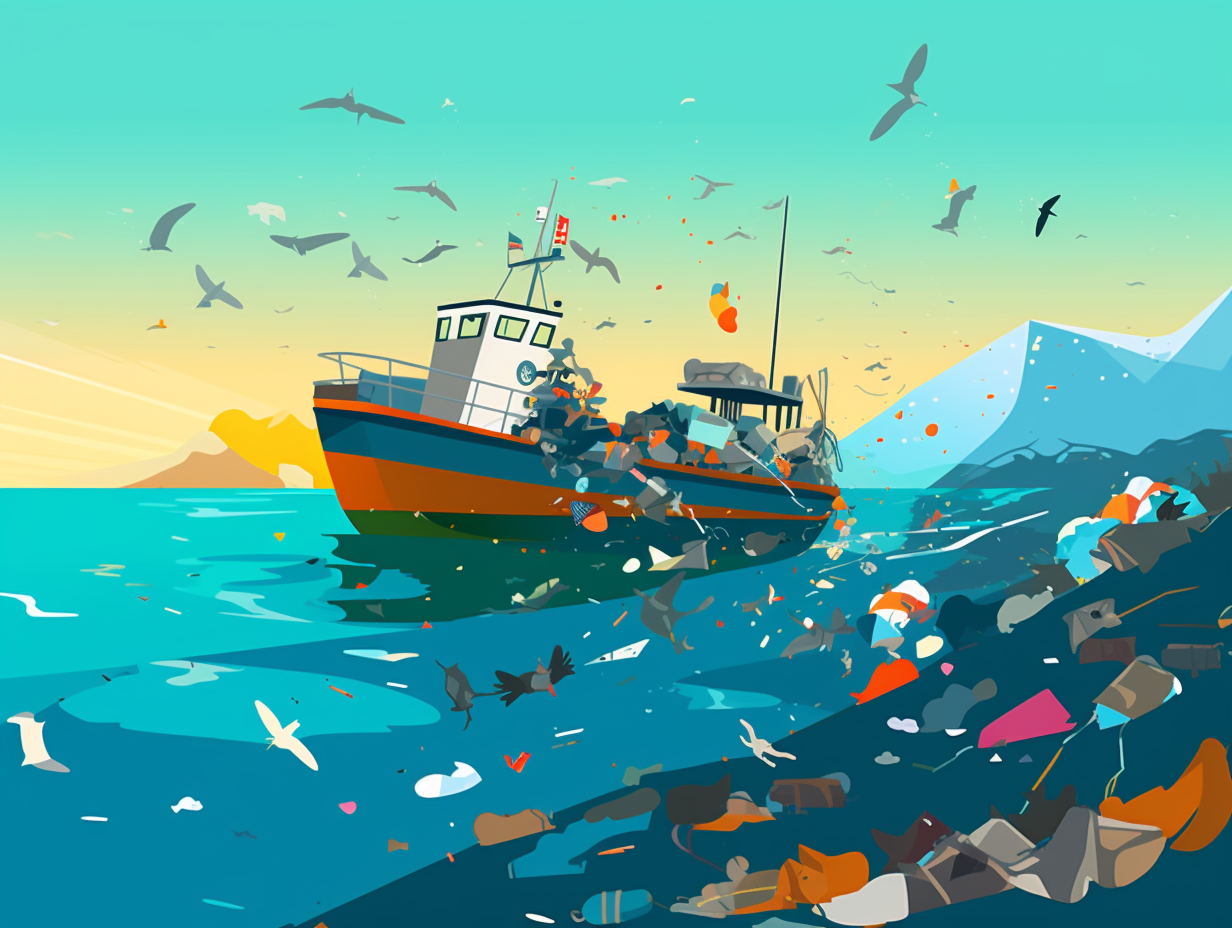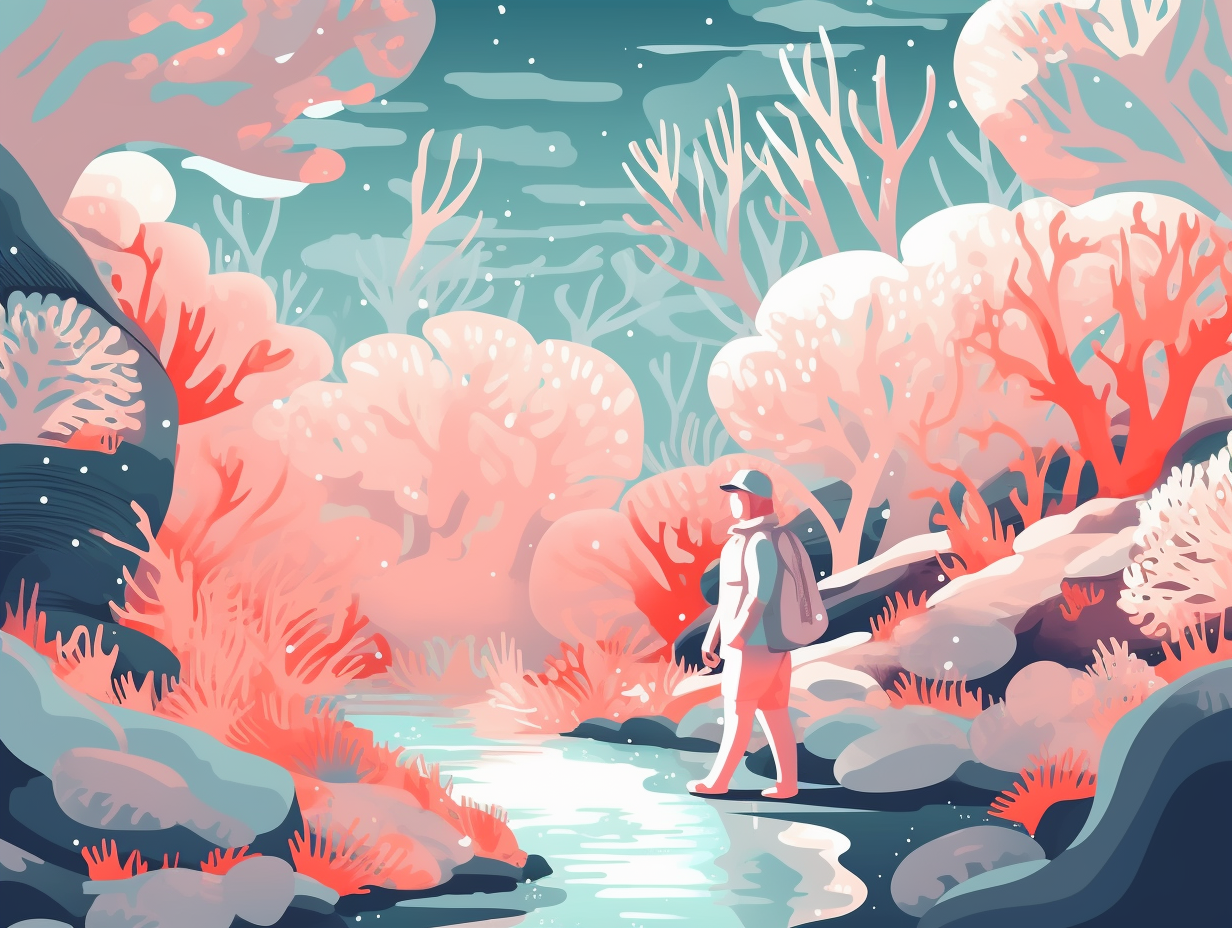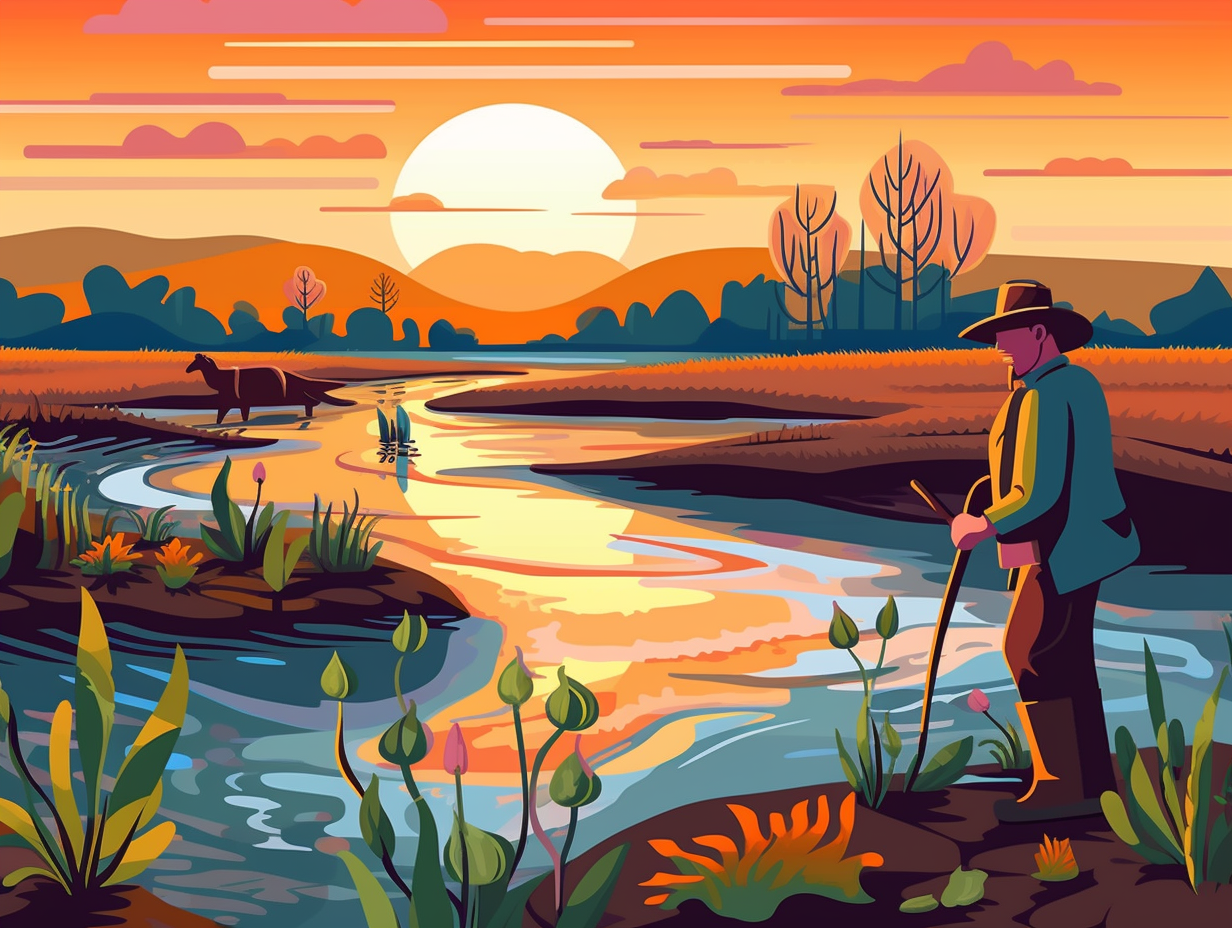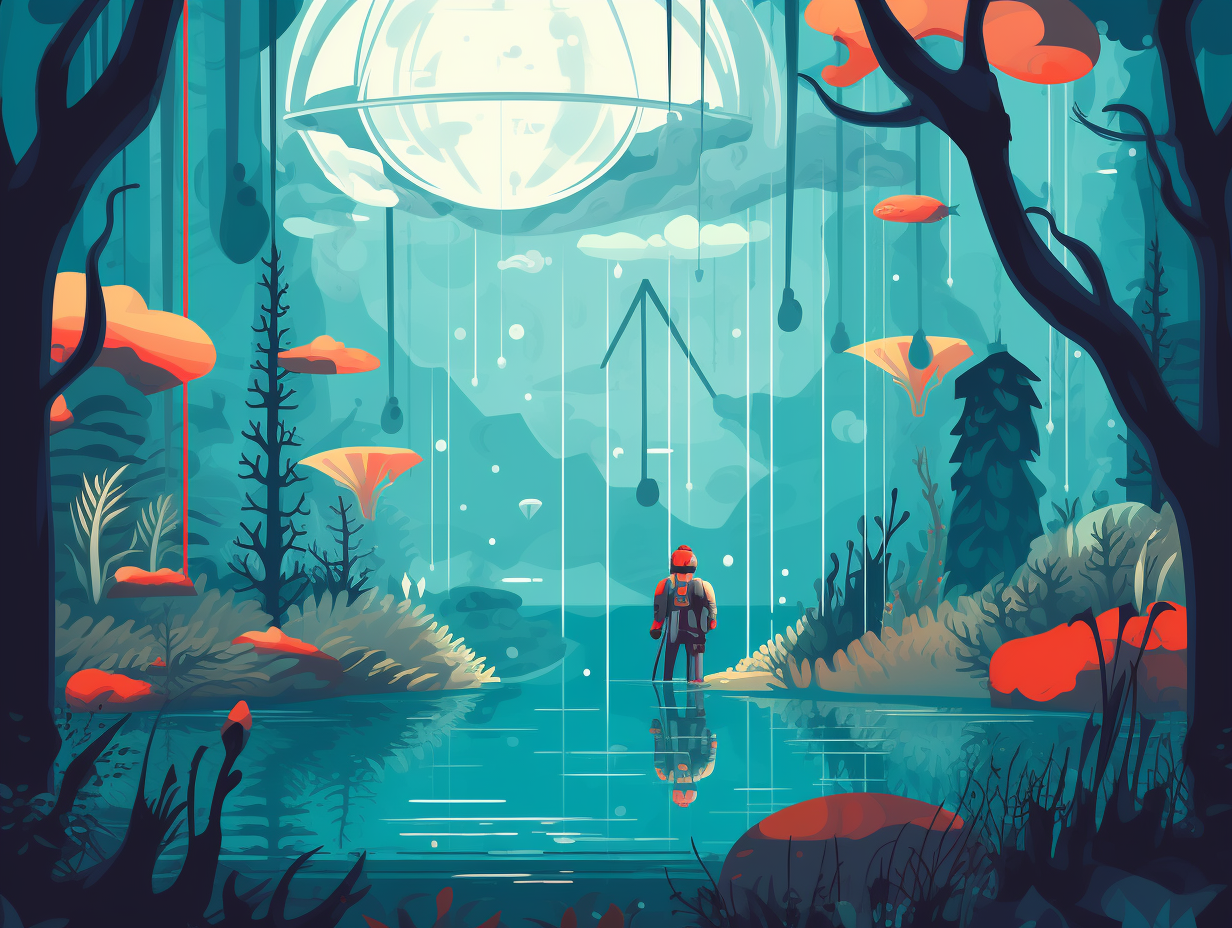Discover the Shocking Truth: Top 12 Fun Facts About Ocean Pollution

1. The Pollution Pageant
In a race nobody wants to win, the "Pollution Pageant" presents its top five contestants vying for the plastic waste crown: China, Indonesia, the Philippines, Vietnam, and Sri Lanka: These countries contribute about a quarter of the total global mismanaged waste, and a 50% improvement in their waste management could drastically decrease the plastic waste in our oceans! A study published in Science reported that a whopping 4.8 to 12.7 million tonnes of plastic waste ended up in the ocean in 2010, mostly caused by insufficient waste management systems in developing nations.
Source => theconversation.com
2. Birds: Plastic on the Rocks
If a bird walks into a bar these days, it's more likely to order a "plastic on the rocks" than a fine scotch: A recent study revealed that an astonishing 90% of seabirds have ingested plastic, with predictions that by 2050, every seabird will have a taste for the synthetic stuff. Sobering indeed, as this highlights the urgent need to cut back on plastic pollution and protect our marine wildlife.
Source => nationalgeographic.com
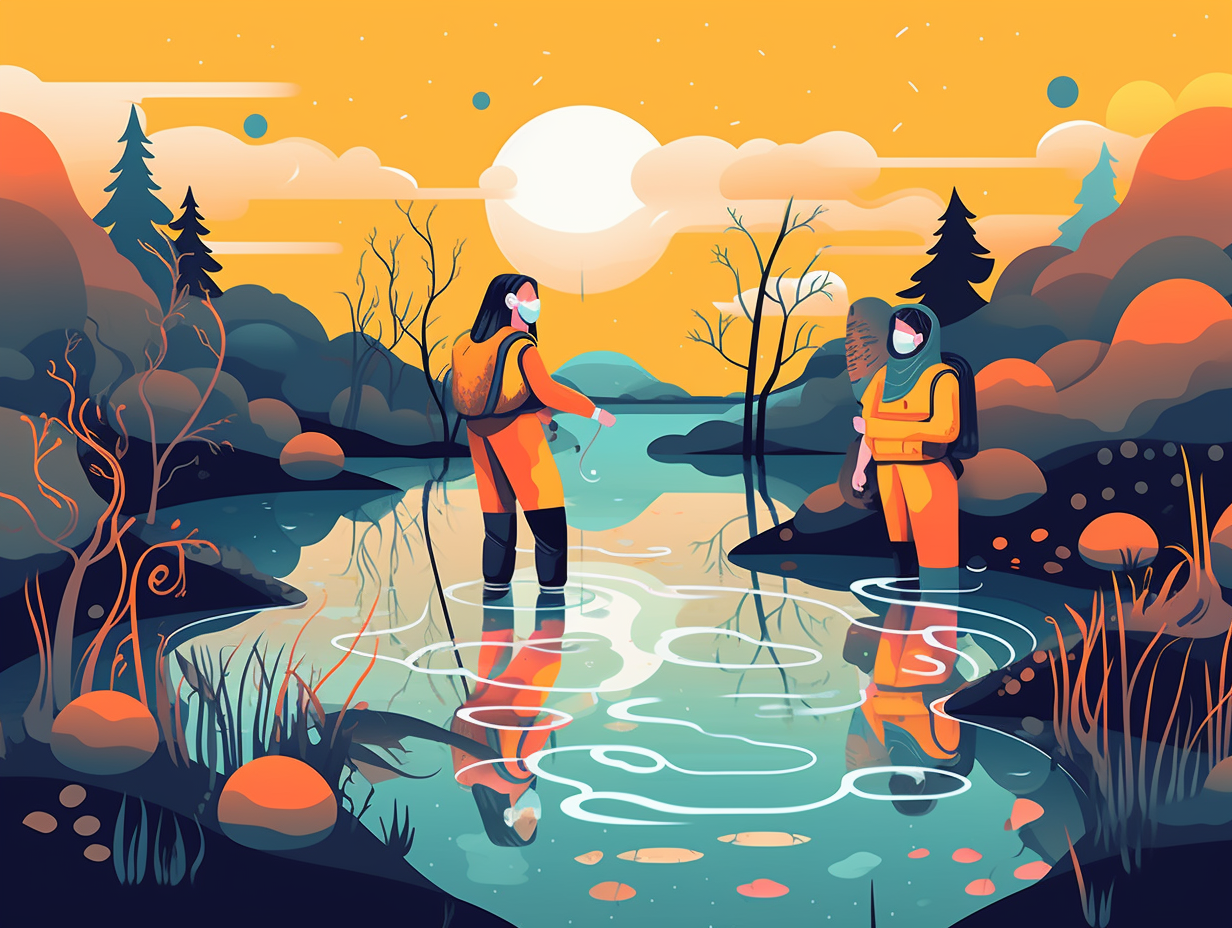
Did you know the environment faces its own hair-raising issue due to Persistent Organic Pollutants? Discover how the Stockholm Convention on POPs helps protect our planet!
=> Fun Facts about Water-Pollution
3. Texas' Oceanic Twin
Who knew Texas had a twin? Turns out the Lone Star State has a counterpart lurking beneath the waves: The Great Pacific Garbage Patch, now double the size of Texas, has become a sordid plastic haven with 79,000 metric tons floating between California and Hawaii. Adding to the party guests, fishing nets contribute to 46% of the junk, and some relics date back to the disco era, with 50 plastic items showcasing their vintage production dates from the 1970s to 2010.
Source => latimes.com
4. Bermuda Triangle of Plastics
Ahoy, marine detectives! Get your snorkels and magnifying glasses ready, as we dive into the Bermuda Triangle of plastics: Only a portion of the 4.8 to 12.7 million metric tons of plastic that's dumped into our oceans each year is found floating on the surface. The rest? It's hiding out there and giving scientists a mysterious whodunit to crack.
Source => wbur.org
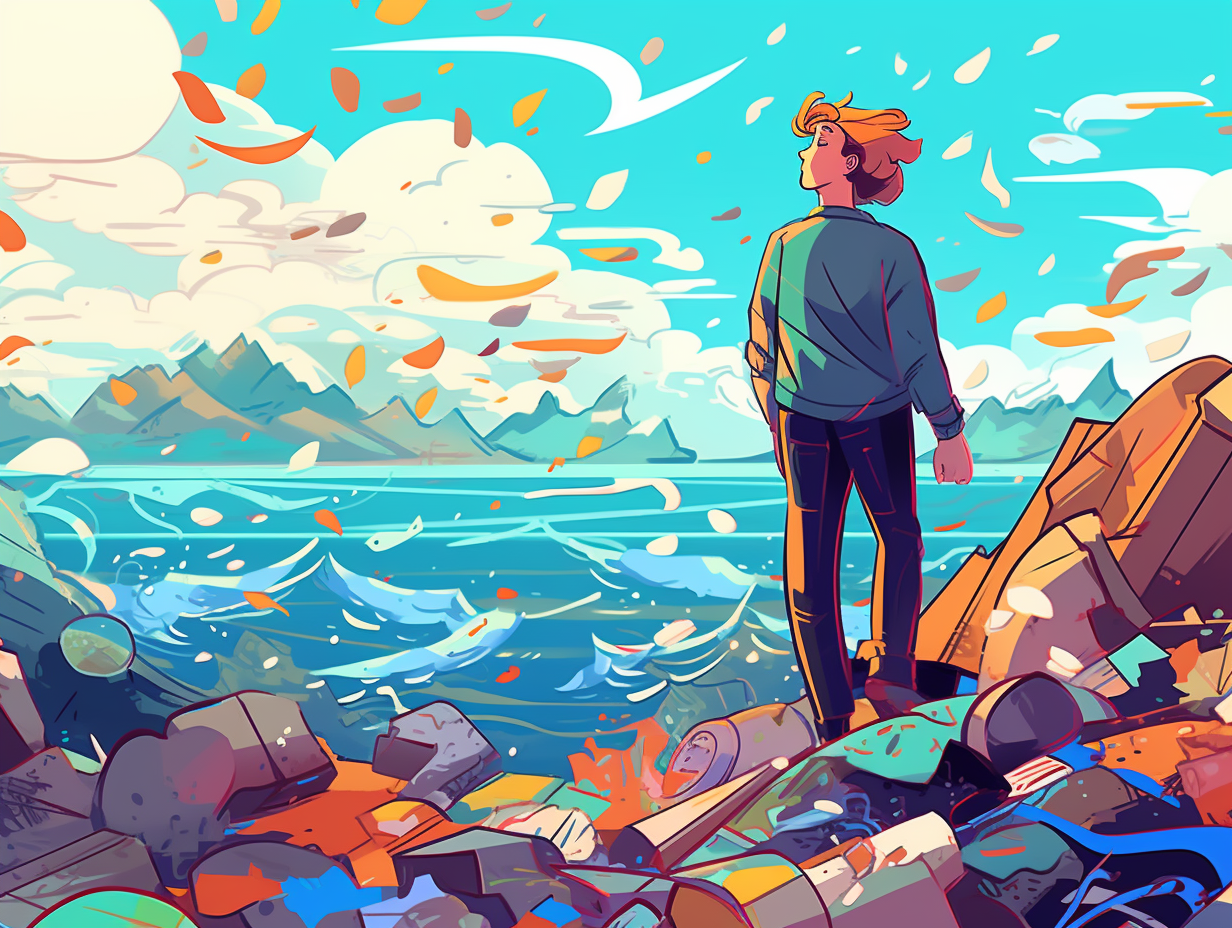
5. Ocean's Plastic Buffet
It turns out the ocean's insatiable appetite for plastic is even bigger than a shark's craving for a midnight snack: Scientists have found that the 5.25 trillion pieces of plastic currently estimated to be floating in the ocean only accounts for a fraction of the plastic that flows into the oceans each year, making it incredibly challenging to monitor.
Source => education.nationalgeographic.org
6. Sea Turtles' Plastic Bag Diet
Did you hear about the sea turtles' latest food craze? They've started munching on plastic bags, mistaking them for an all-you-can-eat jellyfish buffet: Sadly, it's true – over half of the world's sea turtles have ingested plastic waste, mistaking it for prey like jellyfish or algae, which can put these fascinating creatures in grave danger, including the risk of entanglement in abandoned fishing nets and plastic pollution at nesting beaches.
Source => worldwildlife.org
7. Ghost Gear Menace
In a game of underwater "hide and don't seek," it seems our oceans have become haunted by the ghost of fishing past: over 640,000 metric tons of abandoned or lost fishing equipment, known as "ghost gear," make up 10 percent of oceanic plastic waste, ensnaring and devastating marine life, with 6 percent of all nets, 9 percent of all traps, and a whopping 29 percent of all longlines left to haunt the deep blue sea.
Source => greenpeace.org
8. Marie Kondo's Ocean Nightmare
In a world where Marie Kondo is having a meltdown, nature is yelling "it's not a plastic storage solution, Karen!": The devastating truth is that plastic pollution in our oceans has created giant floating islands, with even Arctic beaches getting trashed, and in just 15 short years, this aquatic clutter will double – if no action is taken, by 2050 there could be more plastic in the ocean than marine life itself.
Source => wwf.org.uk
9. Ghostly Fishing Gear Horror
Ahoy there, me hearties! Beware the ghostly menace lurking beneath the sea, deadlier than Davey Jones' locker: discarded fishing gear, or "ghost fishing gear," makes up about 10% of plastic ocean debris and accounts for a ghastly 46% of the Great Pacific Garbage Patch. This phantom gear wreaks havoc on marine life, trapping and killing unsuspecting birds, mammals, turtles, and sharks, while damaging coral reefs and decimating valuable fish stocks. So, folks, take heed and help put an end to ghost gear's watery reign of terror!
Source => worldwildlife.org
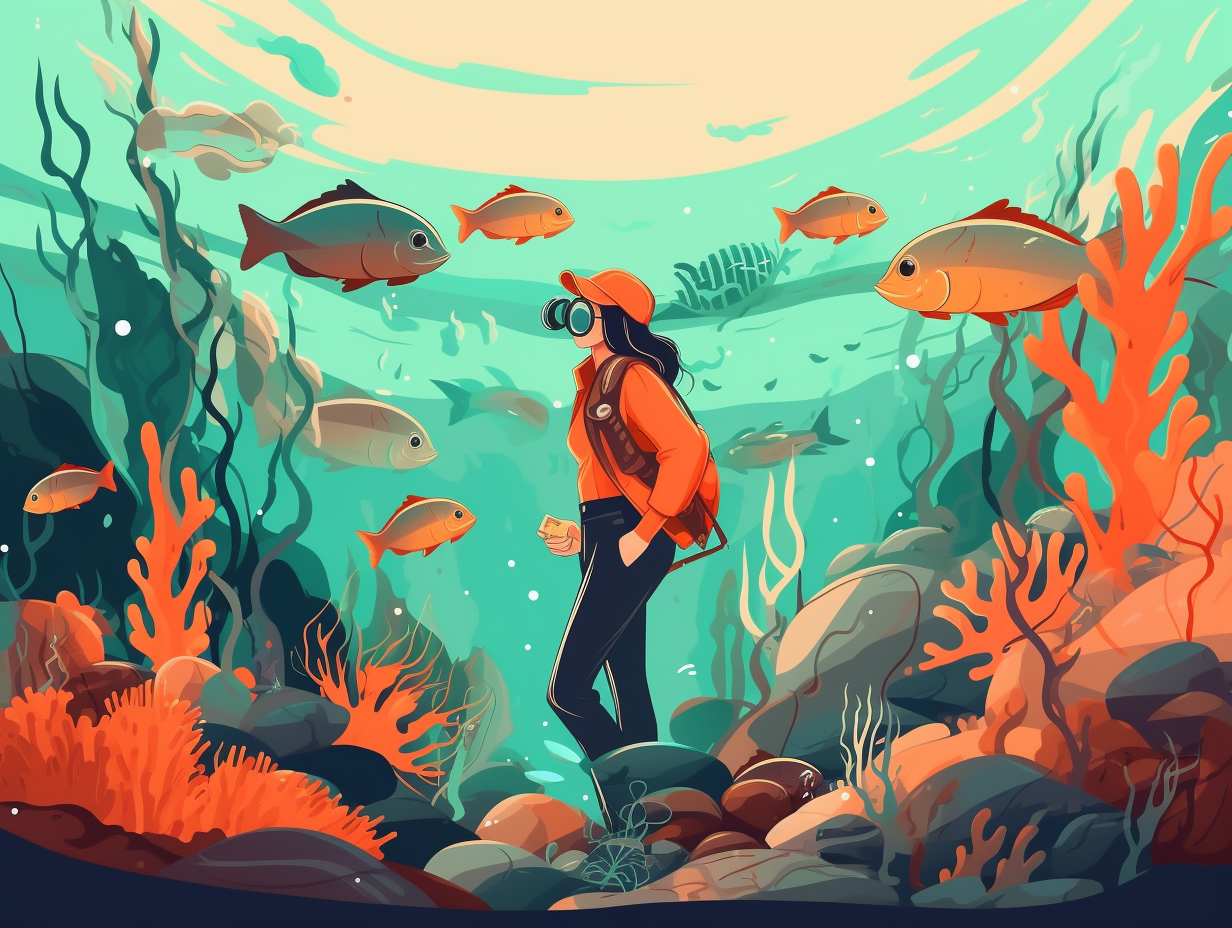
10. Soup-er Polluted Ocean
Ever wanted to swim in a "soup"-er polluted ocean? That'll leave your clammy hands spotless: Nonpoint source pollution, including runoff from septic tanks, farms, ranches, and construction sites, contributes heavily to ocean pollution, making water unsafe for humans and wildlife, and affecting over one-third of the shellfish-growing waters in the United States.
Source => oceanservice.noaa.gov
11. Microplastic Invasion
When ocean-dwelling creatures start asking for a plastic straw in their salt water lattes, you know things are getting pretty dire down there: Microplastics now dominate oceanic pollution, infiltrating the marine food chain and posing significant threats to marine life and ecosystems, with seabed sediment samples revealing a higher concentration of these minuscule menaces than their larger counterparts.
Source => sciencedirect.com
12. Cigarette Butt Escape Saga
What do a smoker's pocket and the ocean have in common? Turns out, they're both victims of the not-so-great "cigarette butt escape" saga: Researchers from the International Coastal Clean Ups revealed that cigarette butts and filters dominate ocean pollution, accounting for 24.6% of all marine litter! Properly disposing of cigarette waste and other litter is essential to keep our ocean friends, ecosystems, and ourselves in the clear.
Source => marinelittersolutions.com
Related Fun Facts

